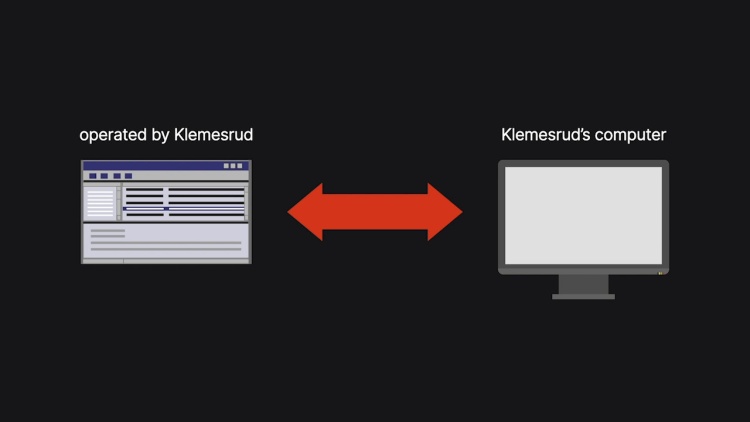Religious Technology Center v. Netcom Online Communication Service, Inc.
United States District Court for the Northern District of California
907 F. Supp. 1361 (1995)

- Written by Eric Cervone, LLM
Facts
Dennis Erlich (defendant) used to be a minister for the Church of Scientology (Scientology). After leaving Scientology, Erlich began publically criticizing the church. One method Erlich used to criticize Scientology was posting on an Internet message board, which was hosted by Thomas Klemesrud (defendant) on support.com. Klemesrud’s message board was connected to the internet through the Internet service provider Netcom On-Line Communications, Inc. (Netcom) (defendant). As a function of making Erlich’s posts available to the other members of Klemesrud’s message board, copies of the posts are temporarily stored on servers owned by both Klemesrud and Netcom. Religious Technology Center (RTC) (plaintiff) and Bridge Publications, Inc. (BPI) (plaintiff) claimed to hold the copyrights to L. Ron Hubbard’s writings on Scientology. RTC and BPI alleged that Erlich was infringing their copyrights by posting excerpts of the works on the message board. The plaintiffs contacted Klemesrud to ask him to take down Erlich’s posts, but Klemesrud requested proof of their copyright interest prior to doing so. The plaintiffs refused to provide proof of their copyright interest in the works to Klemesrud and instead contacted Netcom to prohibit Erlich from accessing the Internet and screen his postings. Netcom refused to carry out the request, claiming in part that it was not possible to screen only Erlich’s posts from the message board. The plaintiffs sued Erlich, Klemesrud, and Netcom for copyright infringement, arguing their claims on theories of direct infringement, contributory infringement, and vicarious infringement.
Rule of Law
Issue
Holding and Reasoning (Whyte, J.)
What to do next…
Here's why 907,000 law students have relied on our case briefs:
- Written by law professors and practitioners, not other law students. 47,100 briefs, keyed to 996 casebooks. Top-notch customer support.
- The right amount of information, includes the facts, issues, rule of law, holding and reasoning, and any concurrences and dissents.
- Access in your classes, works on your mobile and tablet. Massive library of related video lessons and high quality multiple-choice questions.
- Easy to use, uniform format for every case brief. Written in plain English, not in legalese. Our briefs summarize and simplify; they don’t just repeat the court’s language.





